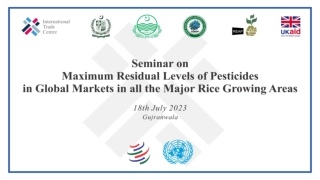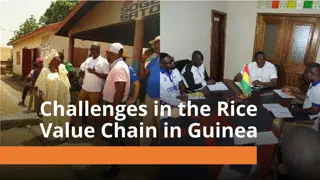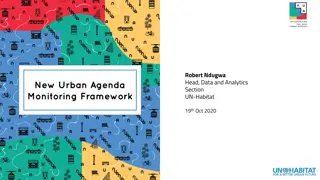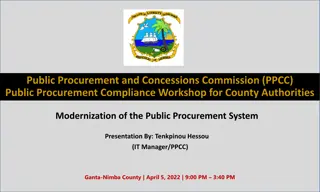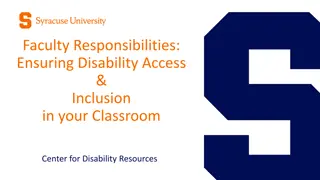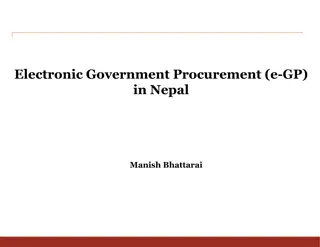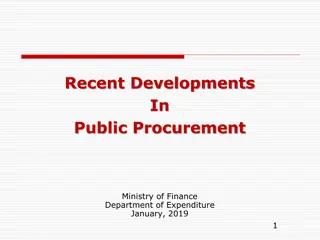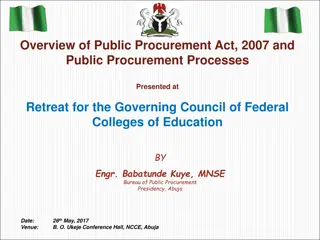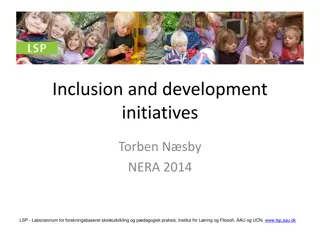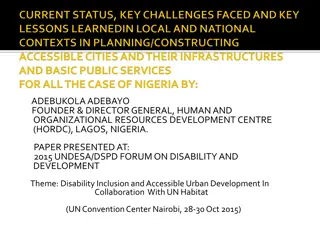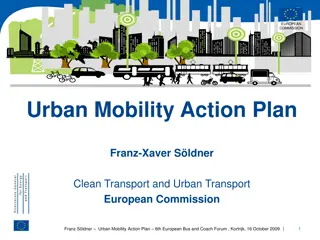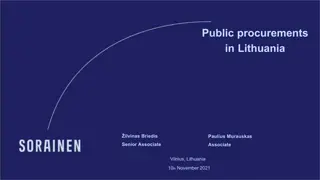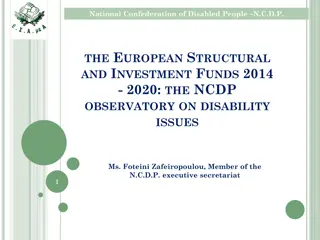Public Procurement and Rice: UN Forum on Disability Inclusion and Urban Development
"Join the UN DESA/DSPD forum in collaboration with UN-Habitat to discuss the intersection of public procurement, rice production, disability inclusion, and accessible urban development. Dive into key topics, share insights, and explore innovative solutions for a more inclusive society."
Download Presentation

Please find below an Image/Link to download the presentation.
The content on the website is provided AS IS for your information and personal use only. It may not be sold, licensed, or shared on other websites without obtaining consent from the author.If you encounter any issues during the download, it is possible that the publisher has removed the file from their server.
You are allowed to download the files provided on this website for personal or commercial use, subject to the condition that they are used lawfully. All files are the property of their respective owners.
The content on the website is provided AS IS for your information and personal use only. It may not be sold, licensed, or shared on other websites without obtaining consent from the author.
E N D
Presentation Transcript
Public Procurement D nal Rice (MSc) UNDESA/DSPD FORUM DISABILITY INCLUSION AND ACCESSIBLE URBAN DEVELOPMENT In collaboration with UN-Habitat | UN Office Nairobi | 28- 30 Oct 2015
Agenda Introduction to public procurement Importance of public procurement Overview of the policy landscape for accessible public procurement Stages of accessible ICT public procurement Key resources
Introduction to public procurement The Public Procurement System is a function of government that involves using government resources (public funds) to obtain goods, works and services to meet the the needs of the government as it carries out its responsibilities to the citizens. (Dr. Gonzalo de la Cruz Salas)
Importance of public procurement The World Trade Organization estimates that on average public procurement accounts for 10-15% of a country s Gross Domestic Product (GDP) In the European Union the figure is as high as 16-17% of GDP. Public procurement is one of the most flexible and far-reaching legislative instruments available to the Government (Gelderman, 2010)
Use of PP to achieve social goals Socially responsible public procurement Examples:
Accessible ICT PP can: Improve inclusion of persons with disability in education, employment, economic and social life Deliver better value for money for governments and public authorities Incentivise manufacturers and suppliers to innovate and produce better, more accessible technology Improve over-all quality of ICTs by making them more user-friendly
Influence on industry Industry is heavily influenced by the rules and regulations set by governments. A representative from software developer Adobe is quoted as saying When government says you need to build technology a certain way, for vendors like ourselves that s a very compelling maxim. We need to build products that can be sold to the government. It s not very practical for us to build multiple versions of our products (Marsan, 2001 cited in D Aubin, 2007 and Astbrick 2012) Accessible Communications: Tapping the potential In public ICT procurement policy (Gunella, A., Tibben, Wi., 2012) provides indepth analysis of accessibility of different public procurement regimes around the world including the United States of America, Japan, European Union, Canada, Ireland and the United Kingdom
UN Convention on the Rights of Persons with Disabilities Article 9 on accessibility Article 24 on education Article 32 (a) of the CRPD on International Cooperation Case of of Nyusti and Taka cs v. Hungary Taken under optional protocol Committee required accessibility to be considered in furure procurment Eleventh session Emphasises the importance of accessibility in public procurement
Public Procurement in Europe 2014: New public Procurement Directives To be transposed by early 2016 Accessibility must be included as a Technical Specification (mandatory requirement) in ALL procurements First European Standard on Accessibility EN 301 549 Accessibility requirements suitable for public procurement of ICT products and services in Europe Harmonised with Section 508 standards
EN 301 549 - Accessibility requirements suitable for public procurement of ICT products and services in Europe Structure: Intro Scope Definitions Clause 4 - Functional performance statements (FPS) Clause 5 13 Generic Requirements Technical accessibility requirements (TAR) Annex A - WCAG 2.0 Annex B Relationship between FPSs and TARs Annex C - tests
Functional Performance Statements Usage without vision Usage with limited vision Usage without perception of colour Usage without hearing Usage with limited hearing Usage without vocal capability Usage with limited manipulation or strength Usage with limited reach Minimize photosensitive seizure triggers Usage with limited cognition
Key stages of public procurement Preparatory study Writing the Call for Tender Selection criteria critical for the procurement of development services or bespoke systems Technical specifications use the standard Award criteria Asking for verification of compliance Contract awarding and maintenance
Key resources 2 The G3ict/ITU Model ICT accessibility policy report contains six chapters. Chapter 6: chapter Accessible ICT public procurement policy framework
Online Training: Public Procurement of accessible ICT products and services
Online Training: Public Procurement of accessible ICT products and services 12th October - 27th November 2015 7 weeks Module 1: Introduction to the accessibility of ICTs: key concepts and definitions Module 2: International Policy and Regulation for Public Procurement Module 3: International standards suitable for use in the public procurement of accessible ICTs
Online Training: Public Procurement of accessible ICT products and services Module 4: Introduction to the stages of procurement & the preparatory study Module 5: Accessibility as a criterion in the Request for Tender Module 6: Requesting and verifying evidence of conformity Module 7: Accessibility in contract clauses and contract management Module 8 : Use of public procurement toolkits and advisory documents Module 9: Developing an accessible ICT Procurement Policy Register at https://academy.itu.int


